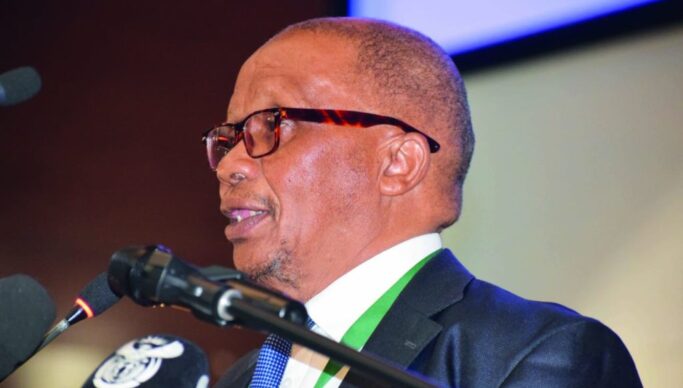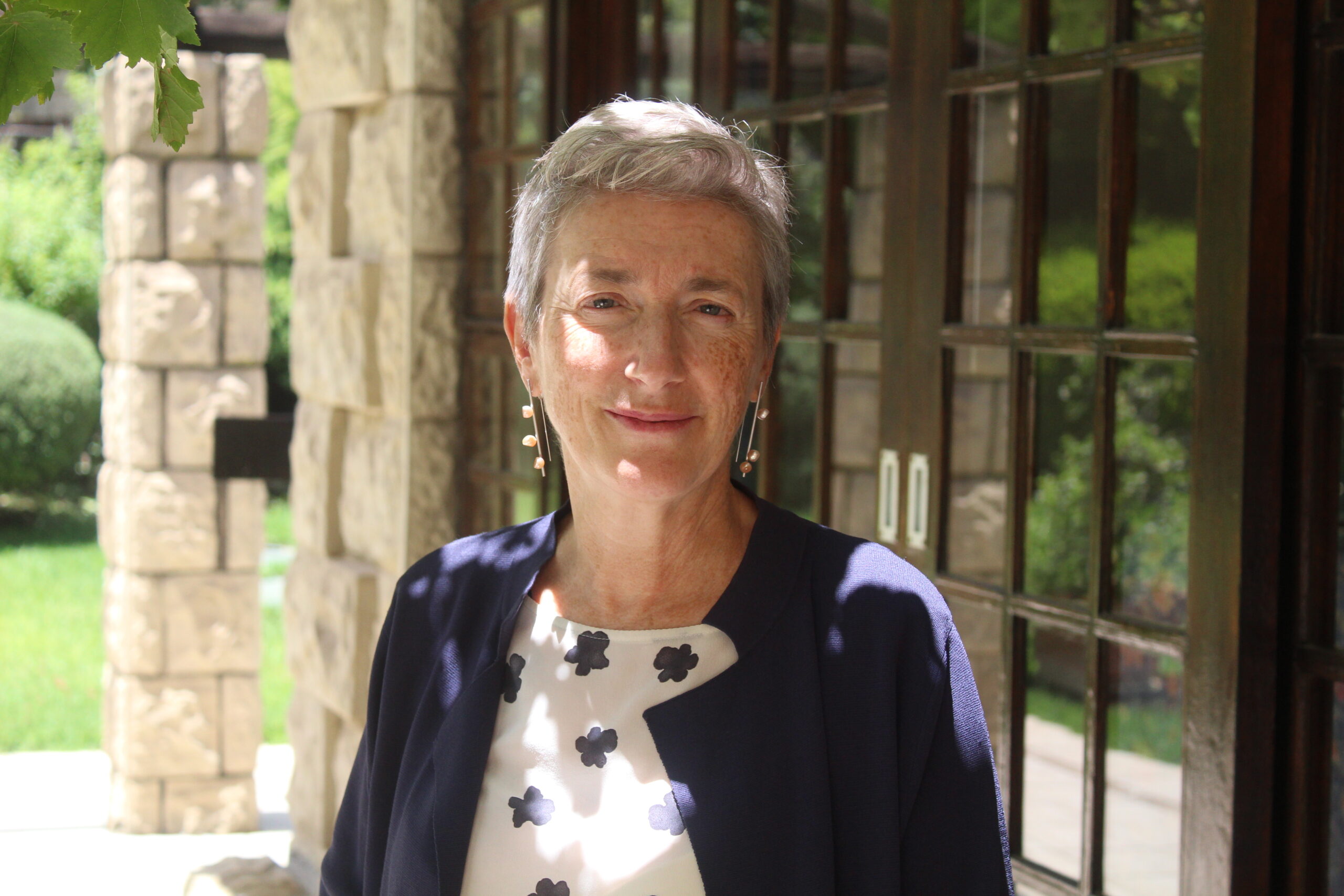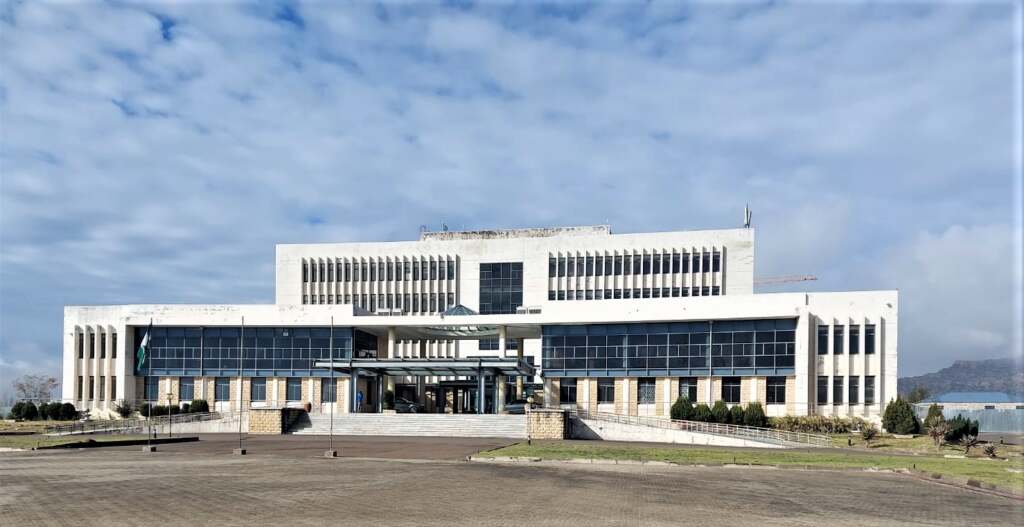As the journey for the national reforms spearheading body the National Reforms Authority (NRA) today, ambiguity is order of the day as question of what should be of the reforms process seeing as the Authority has only but started realising progress in its work of implementing the decisions per the Multi-Stakeholder National Plenary II Report of the National Dialogue Planning Committee (NDPC) of November 2019.
One of the Authority’s milestones is the completion of 90 amendments to the Constitution wherein a hefty task of seeing them converted into Acts of Parliament still lies ahead.
In an attempt to review the progress of the Authority’s work, challenges and what future holds for the country’s reform process especially at the wake of the debate of ending the Authority’s journey vis-à -vis full implementation of the letter of the reforms. It has also emerged that the NRA is legally challenging its ouster although its founding legal instrument the NRA Act provided that its mandate could go on for up to 18 months. This week Newsday Newspaper (ND)’s Journalist, Mohloai Mpesi sat down with the NRA Deputy Chief Executive Officer, Benedict Tšiu Khathibe (BTK) to narrate the journey of the Authority as well as its future. Below are excerpts from the conversation:
ND: It is evident that the NRA’s 18 month-term has come to an end. Take us through the journey that the Authority trekked since its inception.
BTK: First of all, we were able to pass the Media Policy which was eventually adopted by Parliament.
We further worked on a number of bills and regulations governing the Authority’s functions which were adopted by the Authority such Commission of Human Rights, Independent Electoral Commission Bill, Commission on Anticorruption and Ethics.
NRA worked on two kinds of bills for the Constitutional amendment, those requiring simple majority as well as those that need a two thirds majority in parliament.
The bills were then passed to parliament but were returned reason being parliament would not be working on two sets of bills hence the eventual Omnibus Bill that contains over 90 amendments both those requiring simple as well as two thirds majority. This is a very notable achievement.
Last year NRA also held a conference on Peace and Reconciliation which was held in July where all stakeholders took part to discuss matters that compelled us to end up coming up with the reforms agenda and come up with own solutions to our challenges instead of always running to other countries for intervention. As the time lapses for the Authority’s lifespan we were tasked with recommendations from the conference.
We also held another successful conference last September to deliberate on the National Security Policy and Strategy, whose recommendations resulted in a team whose assignment of inscribing the strategy began on Monday this week and expected to finish on Friday (today). The strategy will go to NRA and will be passed to government in draft form since our time is over.
We held a High Level event in the last few weeks where NRA was giving out its progress report in regard to what it has attained until now. Some people aired their opinions on what should happen with NRA after April and their views are compiled in the report which will also be passed to the government.
ND: Has the Authority reached its target?
We still have a lot of work and the impending problem is how those tasks will be sustained because different stakeholders realised that the time is not sufficient to complete these tasks and could not be completed in 18 months.
The first stage of amendments to the Constitution was a big achievement, but there were some other items that were supposed to be a part of it through consultations.
ND: What is the future of the authority post April?
The work is not complete. But let’s pretend that all the 90 amendments are adopted by parliament without any changes. For them to operate, they need Acts which will have to be designed by NRA and passed to parliament. In the absence of that enabling legislation (NRA) those changes will not work.
If this reforms process is abandoned and aborted at this stage, it would be a wasted effort that would not yield anything fruitful for Basotho. But if they would continue either in a different structure, it would have done justice to Basotho who requested the reforms.
MD: Have there been any attempts to extend time?
NRA was formed by law so it does not make extension on its own. That’s why at the High Level event many people made recommendations that the authority should continue for a certain period of time as it is, some suggesting two more years.
The government said they are going back to discuss the matter and we are currently waiting for a formal response from them. But in the absence of anything, come Friday, we will be ready to make a handover to another incoming team (if there is any).
MD: How has the journey been?
It has not been an easy journey because we were starting from scratch; from human capital, equipment, setting up the rules and regulations for operation.
NRA didn’t have committees to work on the reforms so we had to sit down and assist on creating committees and selecting chairpersons for the committees as well as helping them on how they would work.
The mandate of NRA is to reform the laws, institutions and to make a structure that will be able to intervene whenever a crisis like this one arises and also find a transitional justice for the victims to heal so that we move forward. Those are the mandates of the Authority.
We have partly amended the laws because we have those 90 amendments.
The parliament took more than 10 years to complete some amendments. It is an achievement that we were able to complete 90 amendments in 18 months. It takes a long time to make laws, for example; the Media Policy that was begun years ago and not completed, was finished by NRA within a matter of months.
MD: Is it possible that the General Elections will arrive with the reforms incomplete?
Yes definitely, if we are going for elections in September then the process would still be incomplete. Even this Omnibus Bill, we are not sure if it would have passed before parliament because if parliament adopts it after NRA is dissolved then it will be a problem because they will have to consult us to clarify some of the items.
The stage that we are in right now is more important than the one we have passed because now we were supposed to implement the ‘how’ part which provides for all the eventualities that may arise which is almost impossible.
MD: Is it safe to say Lesotho failed to reform?
We tried even though the reforms process seems to be taken lightly by other people. If some would regard it with the seriousness it deserves, then we wouldn’t be sitting here talking about the future because somebody should have seen the future and the importance of the reforms.
Such opportunities as reforms do not come often; Lesotho has more than 50 years of independence and this is the first time we get the opportunity to have this kind of reforms. We did try although we don’t know if our attempt will yield the results we wanted, but if we do end here then we would have failed.
Beautiful things are not cheap; if you want something beautiful you pay now. But if you want to cut corners then you will always pay dearly. We are just at the beginning of travelling the journey which will take us to the ‘Lesotho that we want’.
Summary
- As the journey for the national reforms spearheading body the National Reforms Authority (NRA) today, ambiguity is order of the day as question of what should be of the reforms process seeing as the Authority has only but started realising progress in its work of implementing the decisions per the Multi-Stakeholder National Plenary II Report of the National Dialogue Planning Committee (NDPC) of November 2019.
- In an attempt to review the progress of the Authority’s work, challenges and what future holds for the country’s reform process especially at the wake of the debate of ending the Authority’s journey vis-à -vis full implementation of the letter of the reforms.
- Last year NRA also held a conference on Peace and Reconciliation which was held in July where all stakeholders took part to discuss matters that compelled us to end up coming up with the reforms agenda and come up with own solutions to our challenges instead of always running to other countries for intervention.

Your Trusted Source for News and Insights in Lesotho!
At Newsday Media, we are passionate about delivering accurate, timely, and engaging news and multimedia content to our diverse audience. Founded with the vision of revolutionizing the media landscape in Lesotho, we have grown into a leading hybrid media company that blends traditional journalism with innovative digital platforms.








